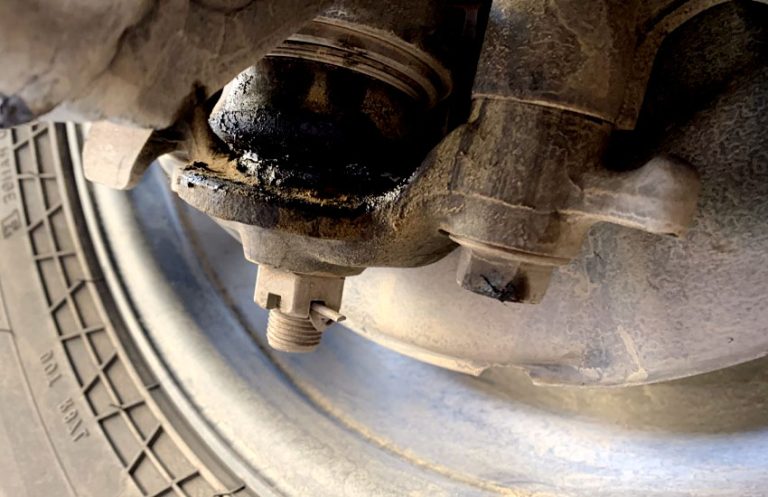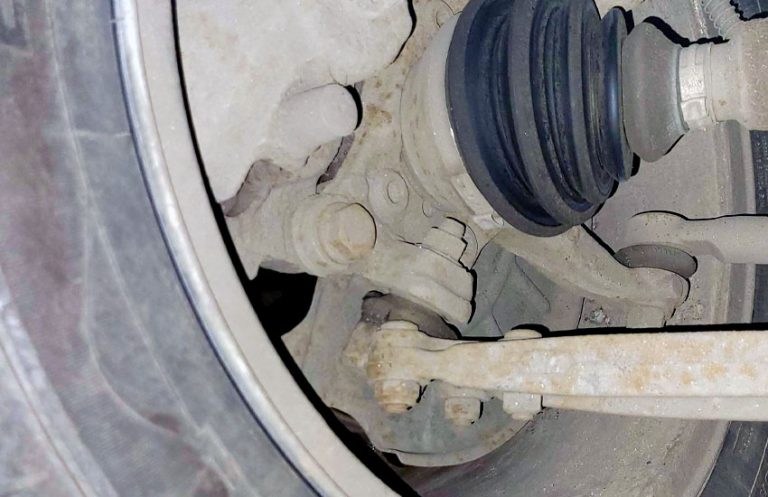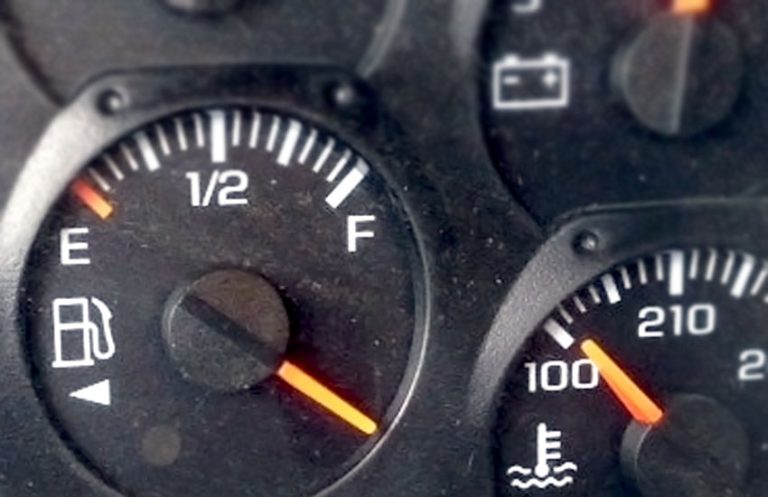Are you wondering if disconnecting the battery will reset the fuel gauge in your vehicle? Well, you’re not alone! Many car owners face this very question, often during troubleshooting or after a battery replacement. It’s tempting to think that a quick disconnect could fix the issue. But let’s dive deeper into what really happens when you disconnect a car battery. In this blog post, we’ll explore everything you need to know about how fuel gauges work, the effect of disconnecting the battery, and troubleshooting tips for getting your fuel gauge back to normal.
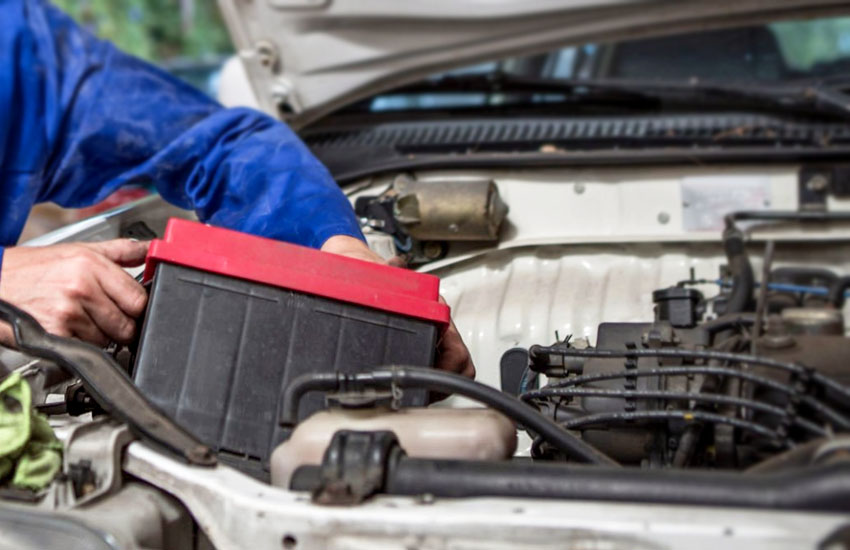
Understanding How Fuel Gauges Work in Your Car
Before we dive into whether disconnecting your battery can reset the fuel gauge, let’s first understand how fuel gauges actually work. The fuel gauge in your car is part of the larger electrical system that involves the sending unit, the fuel tank, and the gauge itself on the dashboard. It’s a pretty simple system, but there’s a lot going on behind the scenes!
The Sending Unit
At the heart of the system is the fuel level sending unit. This device sits inside the fuel tank and has a float that moves up and down with the fuel level. As the fuel level rises or falls, the float changes its position, and that change is translated into an electrical signal. This signal is sent to the gauge on your dashboard, showing you how much fuel is in the tank.
The Gauge
The gauge on your dashboard receives the electrical signal from the sending unit and converts it into a readable value that tells you how much fuel is left in your car. It typically uses a simple analog display or a digital reading. However, there are cases where the gauge may become inaccurate due to faulty wiring, sensor problems, or other electrical issues.
The Electrical System
The fuel gauge system relies on your car’s electrical system to function correctly. This includes the battery, wiring, and the instrument cluster. Any disruption in the electrical system could lead to inaccurate readings on the fuel gauge, making you wonder if disconnecting the battery could somehow reset it.
The Effect of Disconnecting Your Car’s Battery on the Fuel Gauge
So, let’s get to the heart of the matter: does disconnecting your car’s battery reset the fuel gauge? The short answer is… not exactly. But there are a few important things to consider when it comes to the electrical systems in your car, and how they interact with the fuel gauge.
Electrical Resets and Their Impact
When you disconnect your car’s battery, you essentially reset the car’s entire electrical system. This can affect many different components of your vehicle, such as the clock, radio, and even the car’s computer system (ECU). However, when it comes to the fuel gauge, disconnecting the battery may not have the same effect.
Most modern vehicles have an onboard computer system that controls the fuel gauge, and these systems are usually designed to retain settings even after a battery disconnect. This means that unless there is a deeper electrical issue causing the fuel gauge to malfunction, disconnecting the battery is unlikely to reset the fuel gauge.
What Happens When You Disconnect the Battery?
When you disconnect the battery, the flow of electricity to your car’s components is cut off. This is why the car’s electrical settings, like the clock and radio stations, may be reset. However, the fuel gauge, which is directly linked to the sending unit and is an analog signal, is typically unaffected by this. If the fuel gauge is malfunctioning, it’s more likely due to a problem with the sending unit, wiring, or the gauge itself, rather than the battery.
Why Disconnecting the Battery Won’t Always Work
If your fuel gauge is not functioning properly, you may think that disconnecting the battery might help “reset” it. Unfortunately, this is often not the case. The issue could be related to the fuel gauge sender or sensor, the wiring, or even the gauge itself. Simply disconnecting the battery will not address these issues.
In some rare cases, if there’s a software glitch in the car’s ECU, disconnecting the battery might clear that, but it won’t solve mechanical or wiring problems. So, if you’ve already tried disconnecting the battery and the gauge still doesn’t work, it’s time to troubleshoot the actual components of the system.
Troubleshooting Fuel Gauge Issues After Disconnecting the Battery
If disconnecting the battery didn’t reset the fuel gauge, don’t worry! There are plenty of other ways to diagnose and fix the issue. Below are some common troubleshooting steps to help you figure out what’s going on with your fuel gauge.
Check the Sending Unit
One of the most common culprits for a malfunctioning fuel gauge is a faulty sending unit. The sending unit is responsible for detecting the fuel level and sending that information to the gauge on your dashboard. If it’s not working properly, the fuel gauge will not show an accurate reading.
To check the sending unit, you’ll need to access the fuel tank and inspect the unit. This can be a bit tricky, as you may have to remove the tank or access it through the car’s interior. If you’re not comfortable doing this yourself, it’s a good idea to take your car to a mechanic.
Inspect the Wiring
Sometimes, the problem with the fuel gauge could be as simple as a loose or damaged wire. The wiring connects the sending unit to the gauge, and if there’s a break or a short in the system, the gauge may not function correctly. Check for any visible signs of damage or corrosion in the wiring.
Test the Gauge
If the sending unit and wiring seem to be working fine, it could be a problem with the gauge itself. In this case, the gauge may need to be replaced. It’s not always easy to tell if the gauge is the issue without professional equipment, so it’s worth bringing your car to a mechanic if you suspect this is the problem.
Fuse Issues
It’s also worth checking the fuse that controls the fuel gauge system. If the fuse has blown, it could interrupt the electrical signal from the sending unit to the gauge. Replacing the fuse might be all you need to fix the issue.
Consider the Fuel Level Sensor
In some cases, the issue might lie with the fuel level sensor, which is responsible for measuring the amount of fuel in the tank and sending that information to the sending unit. A faulty sensor can cause incorrect readings on the fuel gauge, and replacing it may be necessary.
Preventive Measures to Avoid Fuel Gauge Issues
While fuel gauge problems are not uncommon, there are steps you can take to prevent them from happening in the first place. By staying on top of your car’s maintenance and addressing issues early, you can save yourself time, money, and frustration in the long run.
Regular Vehicle Maintenance
A well-maintained car is less likely to experience issues with its fuel gauge. Regularly inspect your car’s electrical system, and make sure the wiring is intact and free from corrosion. If you notice any issues, it’s important to get them addressed right away to prevent further damage.
Addressing Problems Early
If you notice that your fuel gauge is acting up, don’t wait until it becomes a bigger issue. Addressing the problem early can help you avoid expensive repairs down the line. Whether it’s a faulty sending unit, a wiring issue, or a problem with the gauge, getting it fixed sooner rather than later is always the best course of action.
Avoiding DIY Repairs Without Expertise
While it might be tempting to try fixing your fuel gauge problems yourself, it’s always a good idea to consult a professional mechanic if you’re not experienced with car repairs. DIY repairs can sometimes make the problem worse or lead to new issues. Having a trained professional take a look will ensure the problem is diagnosed and fixed properly.
I hope this article has helped clarify whether disconnecting your car’s battery can reset the fuel gauge. While it might seem like a quick fix, it’s usually not the solution if your fuel gauge is malfunctioning. A deeper issue with the sending unit, wiring, or the gauge itself is often to blame. However, by following the troubleshooting tips and preventive measures shared here, you can keep your fuel gauge working properly for years to come!
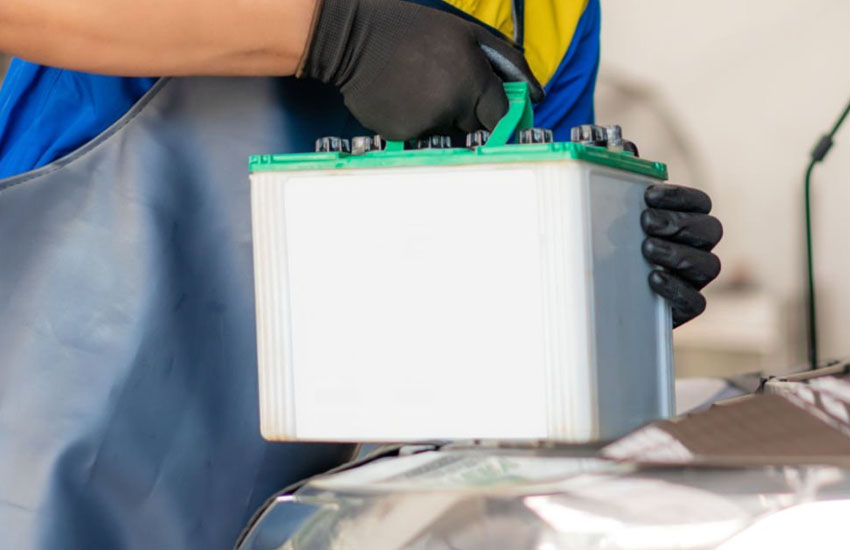
Frequently Asked Questions
Is it safe to disconnect the battery to reset the fuel gauge?
Disconnecting the battery is generally safe for most vehicles, but it might not reset the fuel gauge as expected. It’s better to address the root cause.
Can a faulty fuel gauge affect other car systems?
A faulty fuel gauge may not affect other systems directly, but issues with wiring or sensors could cause electrical malfunctions in other parts of the car.
Do I need to replace the sending unit if my fuel gauge isn’t working?
If your fuel gauge is malfunctioning, the sending unit might need to be replaced, but it’s always a good idea to troubleshoot before jumping to a replacement.
Is it possible to fix the fuel gauge myself?
Some minor fuel gauge problems can be fixed yourself, but for more complicated issues like a faulty sending unit or wiring, it’s best to consult a professional.
Can a blown fuse cause the fuel gauge to stop working?
Yes, a blown fuse can interrupt the power supply to the fuel gauge system, causing it to malfunction or stop working completely.
Is it necessary to disconnect the battery when replacing the fuel gauge?
While it’s not strictly necessary to disconnect the battery when replacing the fuel gauge, it’s always a good safety measure when working with your car’s electrical systems.
Do I need to reset the car’s computer after disconnecting the battery?
In most cases, the car’s computer will automatically reset itself after disconnecting the battery, but certain systems, like radio presets, might need manual resetting.
Is it possible for a software glitch to affect the fuel gauge?
Yes, some modern cars have software that controls the fuel gauge. If there’s a glitch, disconnecting the battery might help reset the system, but it’s not guaranteed.
